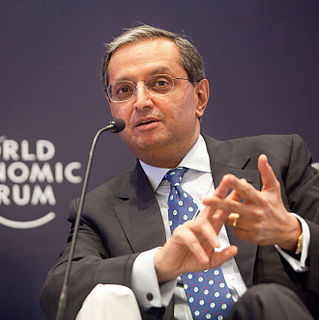A Quote by Perianne Boring
The Cyprus Financial Crisis was a devastating blow to Cypriots and halted their banking system. Banks closed for two weeks to prevent a banking panic. When they reopened, capital controls were placed on the people's money, and customers were met by armed guards at the branches.
Related Quotes
Repeal the entire Banking Act of 1933, and Austrian School economists will cheer, especially if the current system were replaced by a 100%-reserve competitive banking with no central bank. That banking reform would give us a sound money system, meaning no more business cycle, bailouts, or inflation.
Italy spills over to everything. Italy is a huge banking system. It has been the major banking system in Eastern Europe. It's worked with Austria's banking system. There's all sorts of interplays there. So it's not the PIIGS one should worry about. Germany hasn't even begun falling yet. And when Germany falls, and it will, that's when the panic begins to set in.
Innovation has stalled in the banking industry. While the rest of the world is in the digital age, banking remains stagnant. We are here to change this and bring banking to the 21st century. We will ensure our customers feel involved in the progress of this bank and are offering them a truly enjoyable banking experience – different from anything they have experienced before.
With customers' permission, fintech firms have increasingly turned to data aggregators to 'screen scrape' information from financial accounts. In such cases, data aggregators collect and store online banking logins and passwords provided by the bank's customers and use them to log directly into the customer's banking account.
So perhaps the most worrying single remark made by a responsible banking official during the current crisis came from Jochen Sanio, the head of Germany's banking regulator BaFin. He warned on Aug. 1 that his country could be facing the worst banking crisis since 1931 - a reference to the collapse of Austria's Kredit Anstalt, which provoked a wave of bank failures across Europe.
































